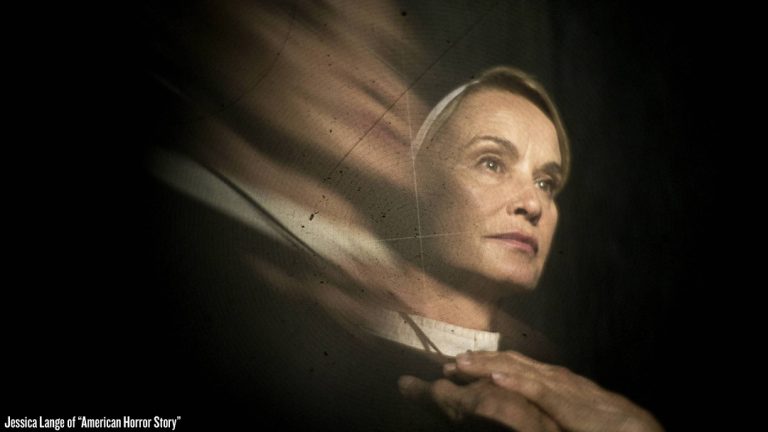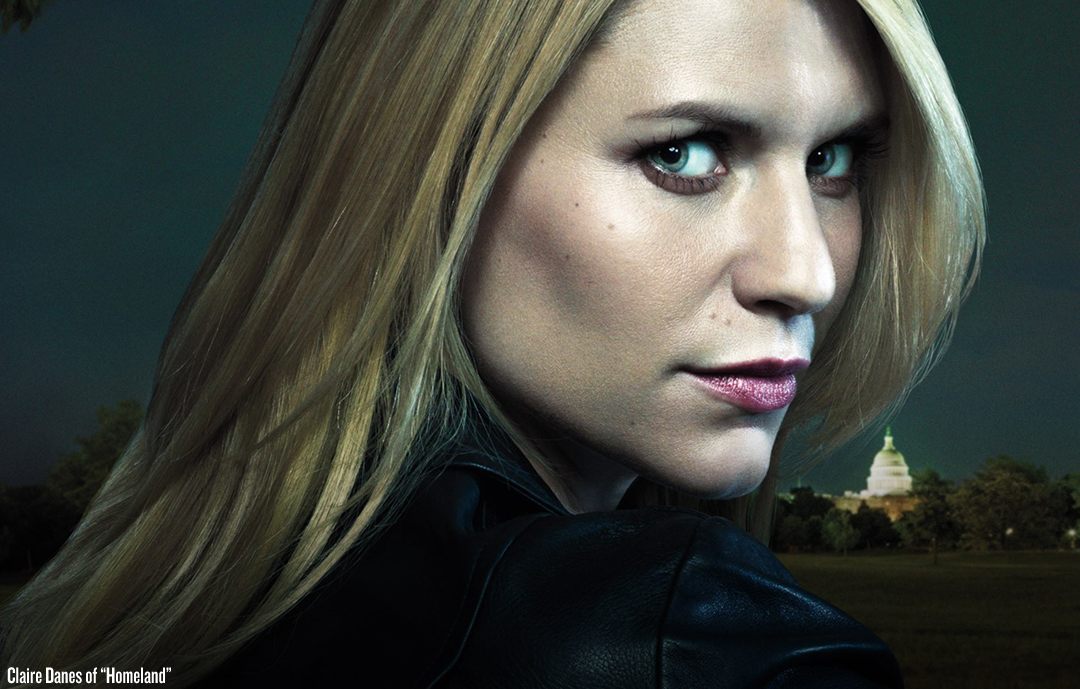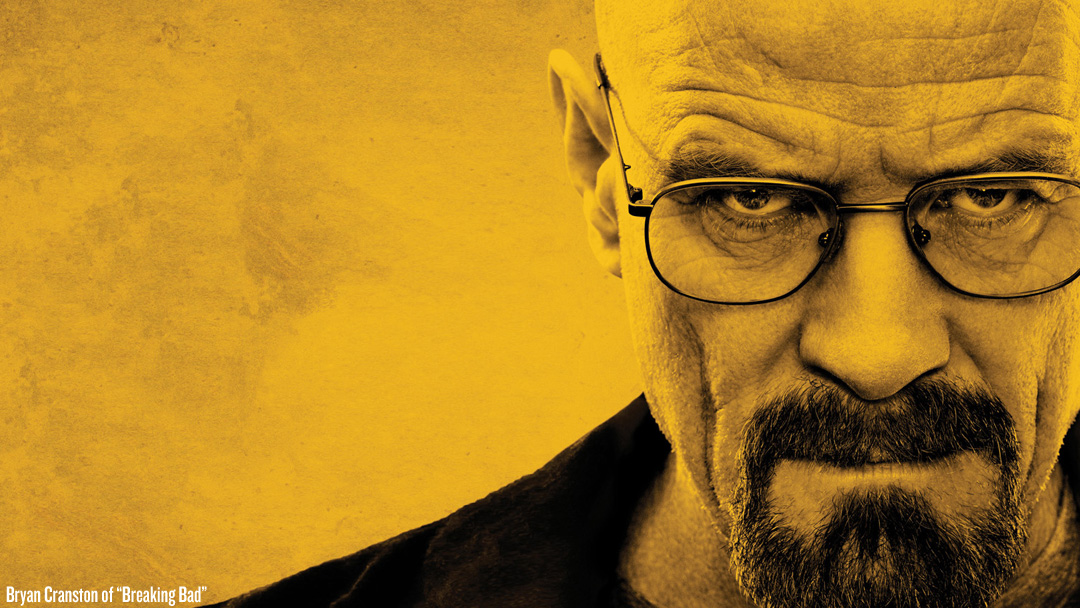There’s simply no denying it: television is experiencing an unparalleled golden age. From Homeland to American Horror Story to Louie to Breaking Bad to Boardwalk Empire, and on and on and on and on and on. So how did this happen? As Ryan McGee of The Daily Beast writes, it’s a by-product of producers and showrunners having to be ten steps ahead of an incredibly savvy and technologically ravenous audience.
McGee interviewed numerous showrunners who unanimously agree that “network television allows for less narrative risk-taking, leaving more shocking plot developments on basic-cable and premium-cable channels. Part of that stems from purely practical reasons, as a 22-episode order leaves little room for creative exploration once shows are well into production.” … “‘In general,’ he said, ‘it’s always easier to do 13 things well than 22 things well.’ DeKnight agreed that a reduced order would help networks in the long haul. ‘I would not be surprised if networks adapted the cable model of 13 episodes,’ he said. ‘It’s a lot more doable, and the quality is a hell of a lot higher.'” … “The FX half-hour program ‘Louie‘ is possibly the best example of what the future may hold in terms of exploding audience assumptions. Critics and audiences couldn’t make heads or tails of the program when it premiered. It’s a comedy… except when it’s a drama. It eschews continuity — until it drops a three-episode arc about Louie’s attempt to land a late-night talk-show-host position.”
The article is filled with even more insider insights into how television is evolving so quickly, and you can read the entire feature by visiting TheDailyBeast.com.





